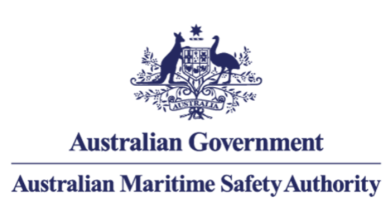
The Indian Register of Shipping (IRClass) has published amendments to the Classification Notes: Requirements for NDT Service Suppliers
Revisions have been made to both sections of the document including:
Section 1: General – Amendments are made to provide better clarity in the scope. Definitions for terms such as ‘ANDT’, ‘AUT’, ‘ET’, ‘VT’, etc. have also been introduced while definitions for few other terms such as ‘NDT’, ‘NDT service suppliers’ have been amended. Finally, the list of references has been updated. Continue reading “IRClass releases updates to NDT service suppliers”









 A commercial yacht manning advisory has been issued by the Maltese Merchant Shipping Directorate (MMSD) to remind all yacht owners about manning responsibilities.
A commercial yacht manning advisory has been issued by the Maltese Merchant Shipping Directorate (MMSD) to remind all yacht owners about manning responsibilities.